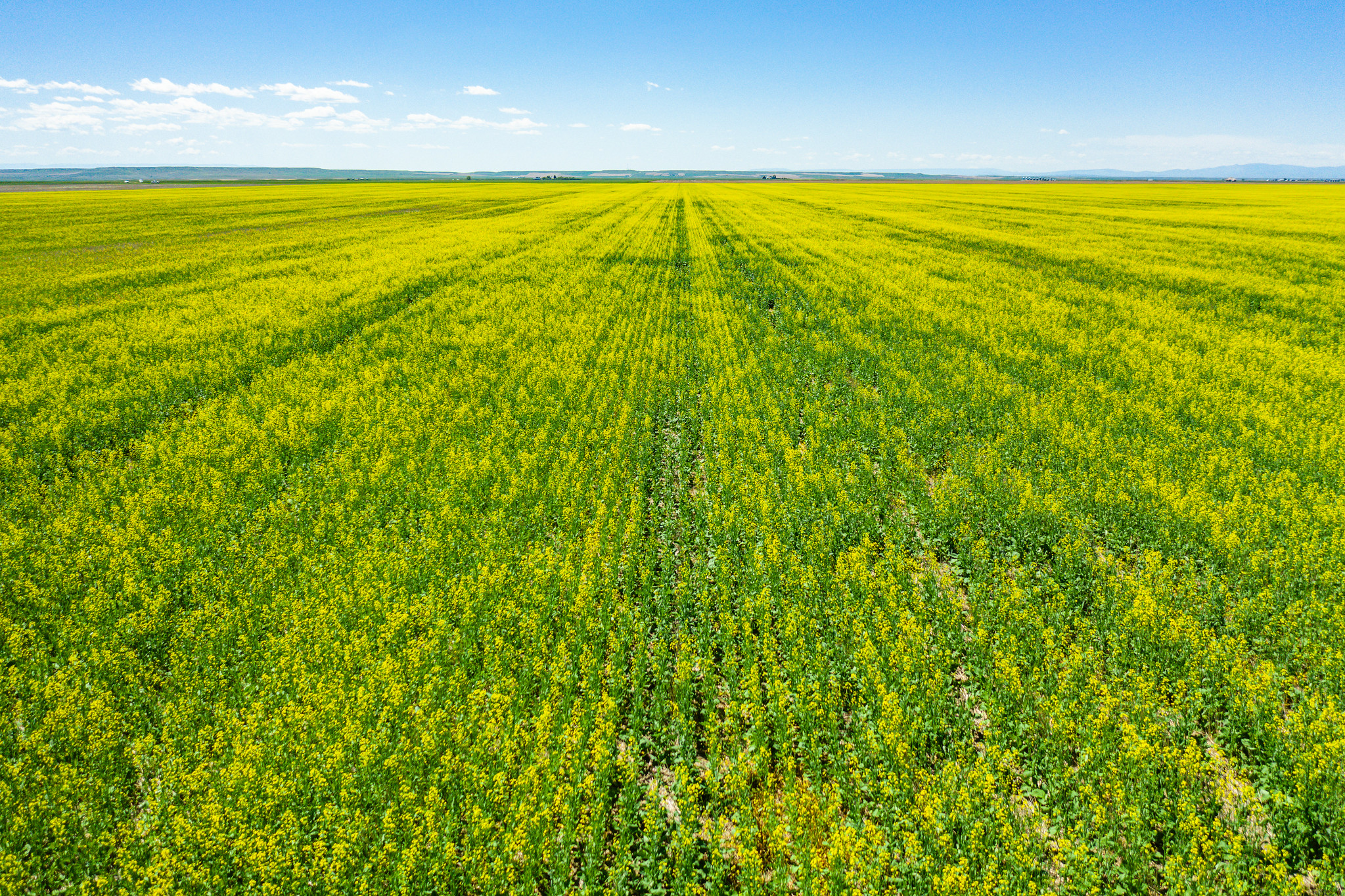Bioenergy
 Bioenergy is renewable energy derived from biological sources, to be used for heat, electricity, or vehicle fuel. Biofuel derived from plant materials is among the most rapidly growing renewable energy technologies. Conversion of biomass to liquid fuel is a method utilizing plant products from a variety of sources to create additional sources for energy from domestic sources.
Bioenergy is renewable energy derived from biological sources, to be used for heat, electricity, or vehicle fuel. Biofuel derived from plant materials is among the most rapidly growing renewable energy technologies. Conversion of biomass to liquid fuel is a method utilizing plant products from a variety of sources to create additional sources for energy from domestic sources.
USDA supports bioenergy research to help support the United State energy independence for developing liquid fuels from various plant materials. These materials can be more sustainable because they are developed from renewable sources: ethanol from wheat, sugar cane, molasses and corn, biodiesel from oilseeds and methane from manure; Woody materials from forests; and Grasses which can be co-fired with coal.



